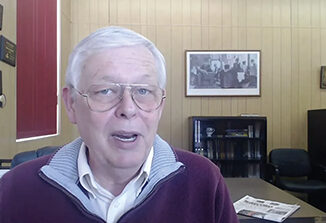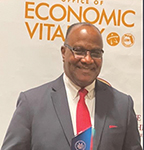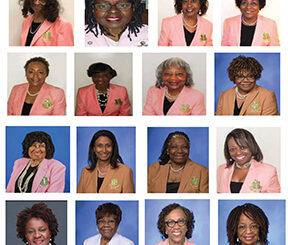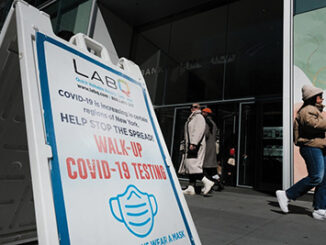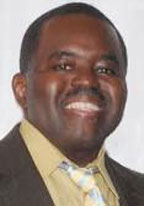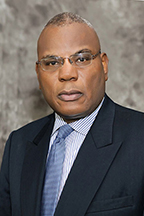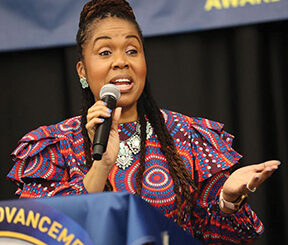
Gov. Ron DeSantis on Wednesday suspended Orlando-area State Attorney Monique Worrell, accusing the prosecutor of “neglecting her duty” and being lax on criminal enforcement
DeSantis’ suspension of Worrell, elected in 2020 as state attorney for Florida’s 9th Judicial Circuit in Orange and Osceola counties, marks the second time in a year the Republican governor has acted to strip an elected Democratic prosecutor from office. […]


